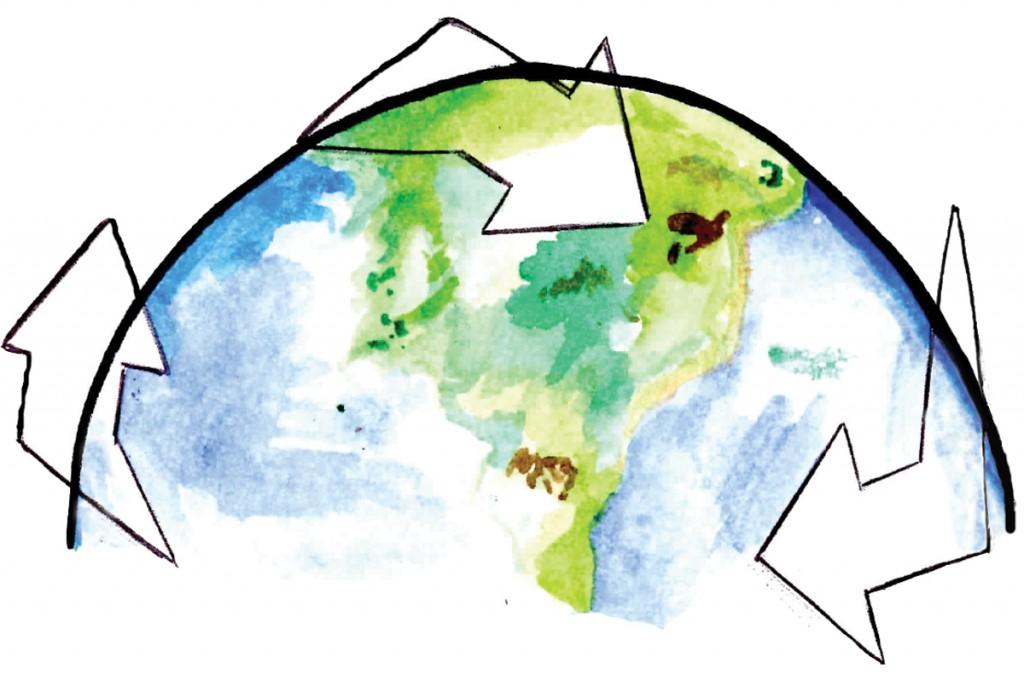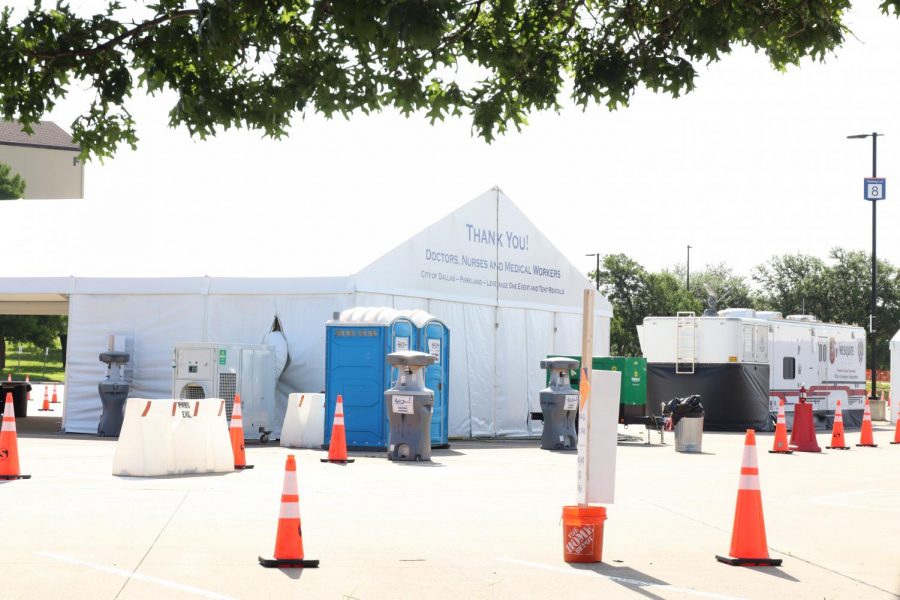By Ludmila Mitula
Staff Writer

At the beginning of my life in the land of milk and money, I was extremely confused. I didn’t know that this beautiful, rich country in the middle of Europe functioned like a police station, and not because of the high number of police personnel.
In Switzerland, everyone acts like a detective. Even my sweet neighbor, who often came to my house for coffee, seemed to be on watch. One day, she put a note on my porch with a red piece of paper she noticed I had failed to separate from some recyclable cartons. She said breaking the rules was not an option. Most aspects of a Swiss lifestyle are well organized and strictly con- trolled, and recycling is no different.
People in Switzerland take recycling to a whole new level. These normally unbiased people can become real eco-warriors when it comes to the environment. Sorting rubbish is seen as a civic duty, not a personal choice. In Switzerland, people know those who recycle more pay less for their rubbish. The unofficial Swiss motto is to save money, so that is probably the main rea- son Swiss citizens are extremely green.
In a country without public waste bins, recycling is necessary because it costs a lot of money to throw out waste. There is one type of garbage bag, and it comes in two sizes. The bags are expensive because buyers not only pay taxes the bags them but have to pay even more for the neon stickers to put on them. Without the sticker, the garbage put out twice a week in front of the house will not be collected. That’s why the Swiss people recycle everything from glass and paper to oil and compost.
I always felt guilty if I didn’t separate my yogurt container from the aluminum top. As a Swiss resident, I had to go green like the rest of the nation to avoid screwing up the system. I had to learn how to recycle. Households have big bags or containers for used glass, plastic and metal in the basement or kitchen. Once a week, usually on Saturday morning, people take the items back to the shop or to community containers in the city.
From late Saturday afternoon until Monday morning, trash can- not be thrown away because it is “quiet time,” and metal or bro- ken glass make a lot of noise. Offenders can be punished for breaking the rules, which is what I learned very quickly from a man who asked me to go back to my country for making noise one Saturday evening. The whole neighborhood is alert and loves to watch for offenders. The most difficult part of this process for me was the compost.
I hated doing it, even though I knew it was a genius idea. Old bananas, orange peels, apple cores and other food waste was collected in green boxes and taken once every few days to the big compost bins. The con- tents were then mixed with the soil, and that’s why local fruits and vegetables were so tasty.
Supermarkets take back old light bulbs, plastic bottles and batteries. Paper and cardboard are picked up from the doorstep, and bottles and cans are return- able everywhere. The Swiss believe they can save the planet through recycling. Maybe they are right. The country is very green all year, just like what you see on the postcards. The land teems with mountains, lakes, rivers, cows with bells on every hill, and green trees, bushes, flowers and grass. The air is clean, and the tasty tap water has so much fluoride that the dentists ask their patients to drink it instead of bottled water. The cities are just as green as the villages. The Swiss love every- thing that is eco-friendly: cars, buses, trains, food, buildings, clothes and cosmetics. Half of the country has chosen to be vegetarian. As a result of living in Switzerland, I learned to eat less meat because I wanted to be politically correct.
The Swiss also choose to go green in politics. The Green Party of Switzerland is the largest group that is not yet represented in the Federal Council. It has almost 7,000 members among a population of 8 mil- lion.
This might sound like black humor, but the Swiss also pro- mote recycling in cemeteries. Most graves are rented for 20-25 years, and keeping the place neat and tidy is a part of the contract. After that, the space is used again. Even the headstone is recycled when the family does not want to keep it. The Swiss are a practical and unsentimental people who are proud of their small, beautiful country.


